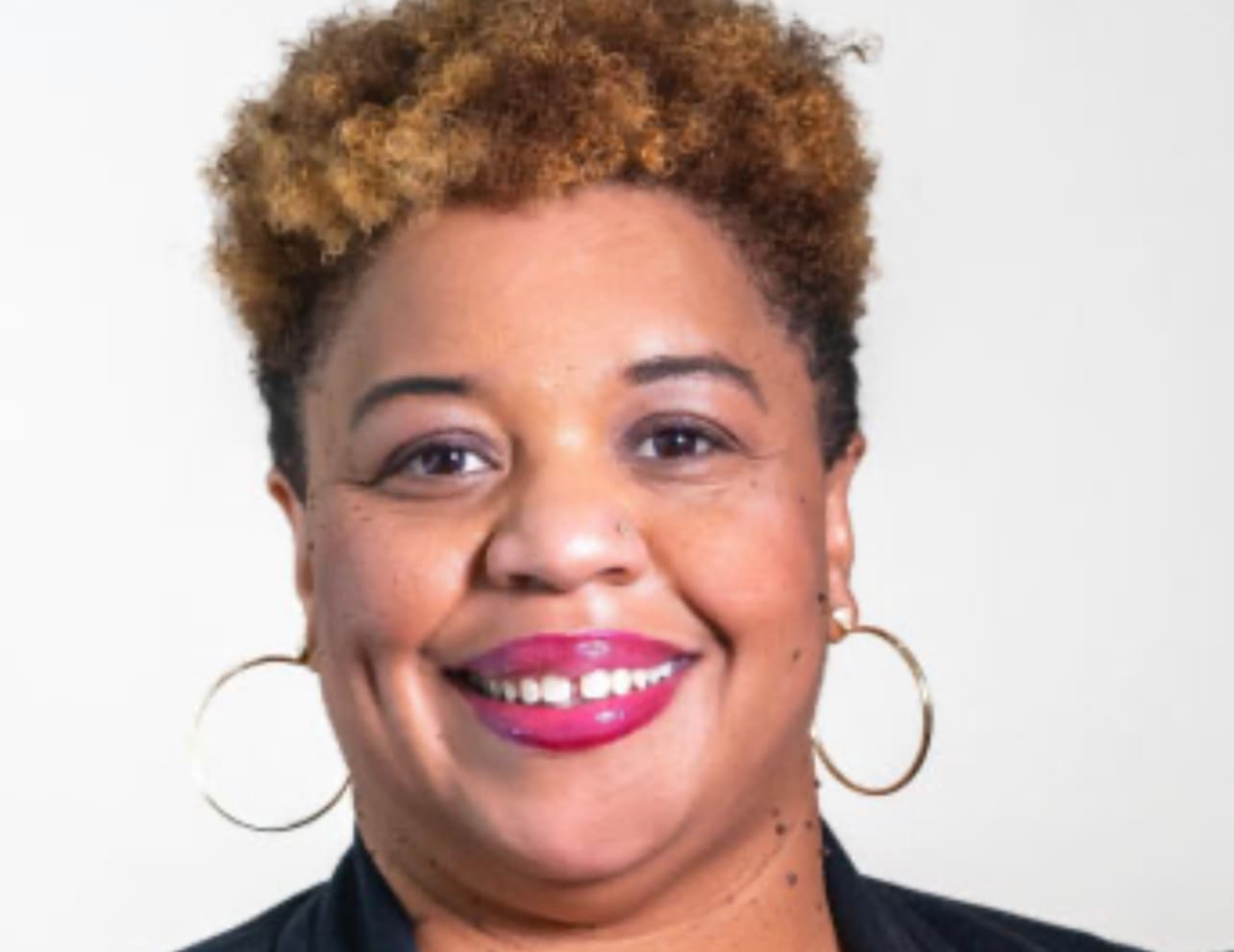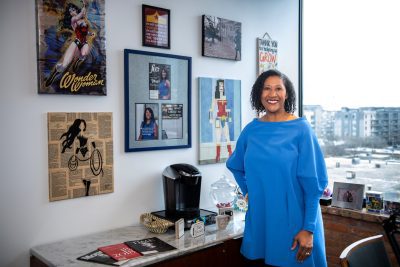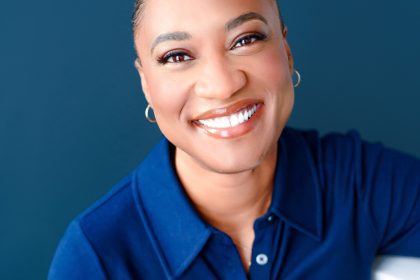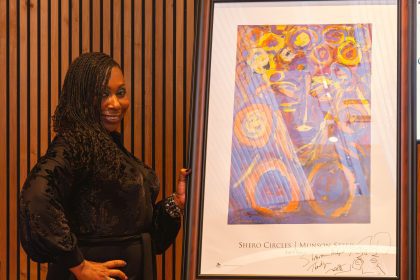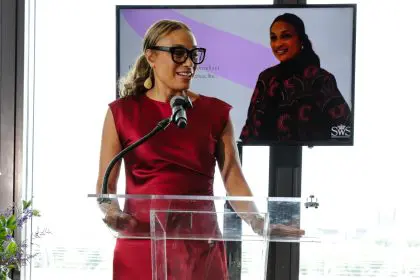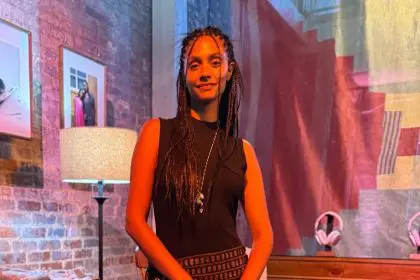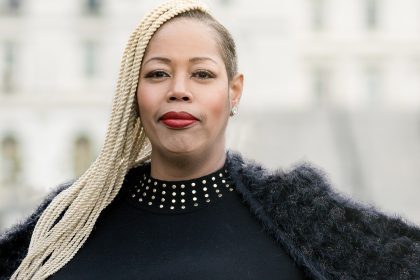In a world where leadership is too often defined by position and power, Dafina Ward stands as a shining example of grace, grit, and radical empathy. As the Executive Director of the Southern AIDS Coalition, she leads not just with vision, but with heart—anchored in a belief that humanity must always come first. Her superpower is empathy, but her impact reaches far beyond compassion; it fuels systemic change, cultivates future leaders, and redefines what it means to be powerful.
In this exclusive Sister with Superpowers feature, Ward opens up about the personal trials that sharpened her leadership edge, the faith-filled rituals that keep her grounded, and her unwavering commitment to creating space for others to rise. From confronting imposter syndrome to transforming trauma into triumph, Ward’s story is a testament to the healing strength of authenticity and the generational ripple effect of intentional mentorship.
She reminds us that being “human together” is not a weakness—it’s a revolution.
Every Sister with Superpowers possesses unique gifts that transform lives and communities. What are your distinct superpowers, and how do they manifest in your work and leadership? How have you harnessed these powers to create change in your field?
I believe empathy is my superpower. I always tell my team and colleagues that we must be “human” together first in order to be most impactful in doing mission-driven work. When you lost sight of the humanity of others, it becomes evident in every aspect of your work. I hear people in my field describe me as a “peacemaker”. At times I’ve seen my heart-led approach as a weakness, but not realize that it makes me a strong, compassionate, and accountable leader.
What defining moment awakened these superpowers, and how did you cultivate the courage to fully embrace them in your professional journey?
Over a decade ago I had someone reach out to me for support around a very personal matter. She had observed me from a distance and decided I could be trusted based on that. It was a huge lesson in the importance of authenticity and always remembering that we don’t know who is watching at any moment—and that every action can make an impression.
Share a pivotal challenge that tested your resilience. How did you transform that obstacle into an opportunity for growth and leadership?
When I was a college student I was in an abusive relationship. I reflect on those years now with pride in my ability to overcome that circumstance, but for years I felt ashamed that I “let” someone treat me that way. I transferred the blame to where it belonged, and that is how I encourage others. We are more than our circumstances and experiences, and we have to lean into the power of being a survivor and overcomer.
How do you maintain balance between building your legacy and prioritizing self-care? What rituals or practices keep you grounded and energized?
I am committed to quiet time before starting my day. Prayer, reading scripture, and a casual walk are necessary before launching into the tasks and challenges that lie ahead. Spending time with my family–date nights with my husband and laughter and long talks with my daughters—all of that fuels me.
Describe a time when imposter syndrome threatened to dim your light. What wisdom would you share with other women facing similar doubts?
I really struggled with whether I was the right person to lead Southern AIDS Coalition. Being an Executive Director seemed so daunting, and the imposter syndrome told me I was ill-equipped and not the right person. I would tell anyone to trust your gifts, build a “kitchen cabinet” with people who can provide feedback, accountability, and support. Don’t fall into the trap of believing you have to have all the answers!
In building institutional change, what strategies have you employed to create sustainable impact while nurturing the next generation of leaders?
Institutional change begins one person at a time. At an organizational level, it’s important to establish a combination of policies and practices that embody the desired values for transformation are necessary. Creating space for mentorship and bidirectional intergenerational learning is key to transformation—and sustainability of beneficial programs and structures.
How do you approach wealth building and financial empowerment? What financial lessons do you wish you had learned earlier in your journey?
I wish I’d learned earlier the importance of investing in myself. Save a little something every time you get paid, don’t be afraid to monetize your skills outside of your 9 to 5, and be unapologetic in sticking to your priorities and goals. Pursuing opportunities for professional development should be on your calendar just like other tasks. Go after scholarships for conferences, fellowships, and certifications that align with your goals, skills, and interest.
Tell us about your approach to mentorship and community building. How do you create spaces that empower other women to step into their greatness?
I am a big believer in mentorship, coaching, and seeking out meaningful relationships. It’s important for women to support one another as accountability partners from a holistic lens. My closest professional colleagues also check in on my well-being, my family, and the personal things that matter to me. We genuinely care about another’s success—whether it’s a professional achievement or personal victory. I believe there is no greater power than letting women know that their fullness is welcome and all of it contributes to their greatness.
Looking forward, what emerging opportunities do you see for Black women to make an unprecedented impact in your field and beyond?
Black women have already made unprecedented contributions to the HIV movement and in public health. Unfortunately, it is often not acknowledged or recognized. Black women are leading organizations, advocating for their communities, and inspiring others through their brilliance and boldness. With the onslaught of political threats against our communities I encourage Black women to prioritize their own wellness. These are unprecedented times, and yet, Black women have been leaders and the activators of change in every previous difficult moment and movement in this country. This is the season for balance—to be change agents and to prioritize our wellness for the long haul.

